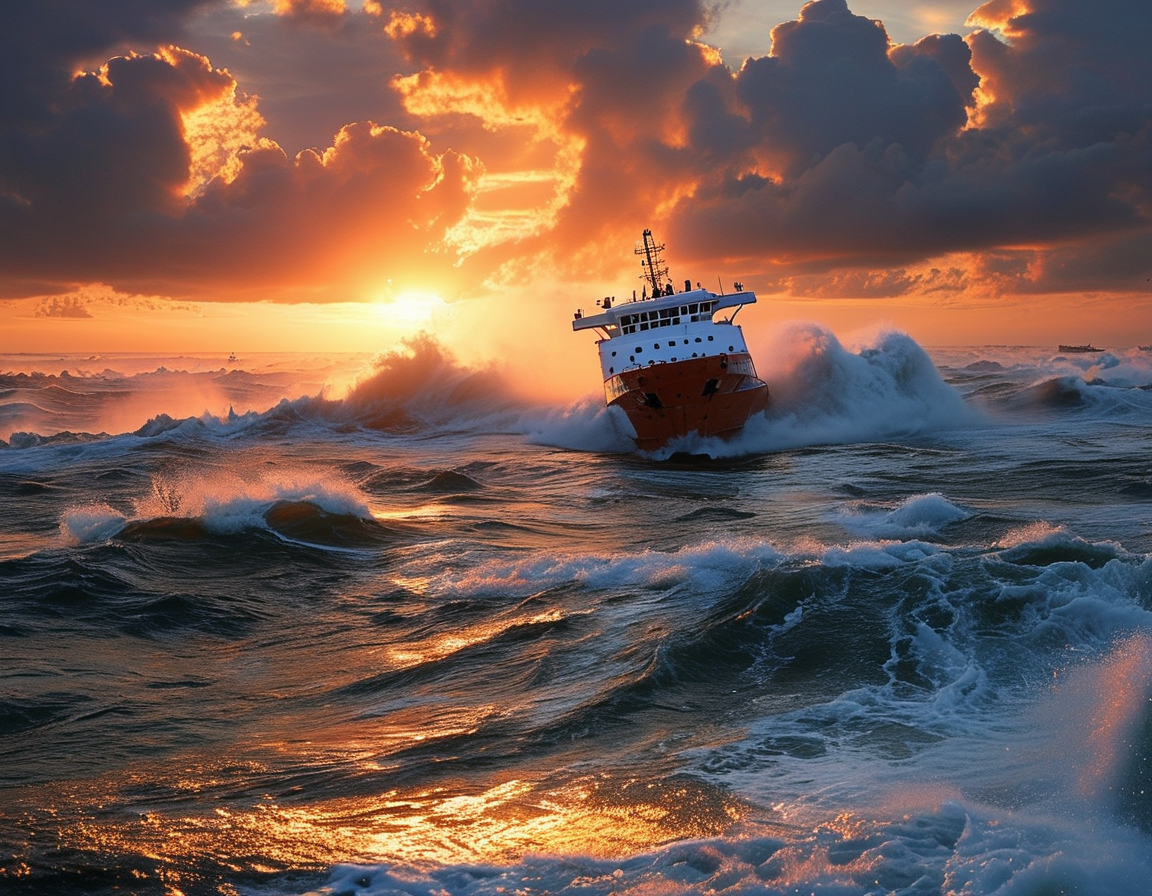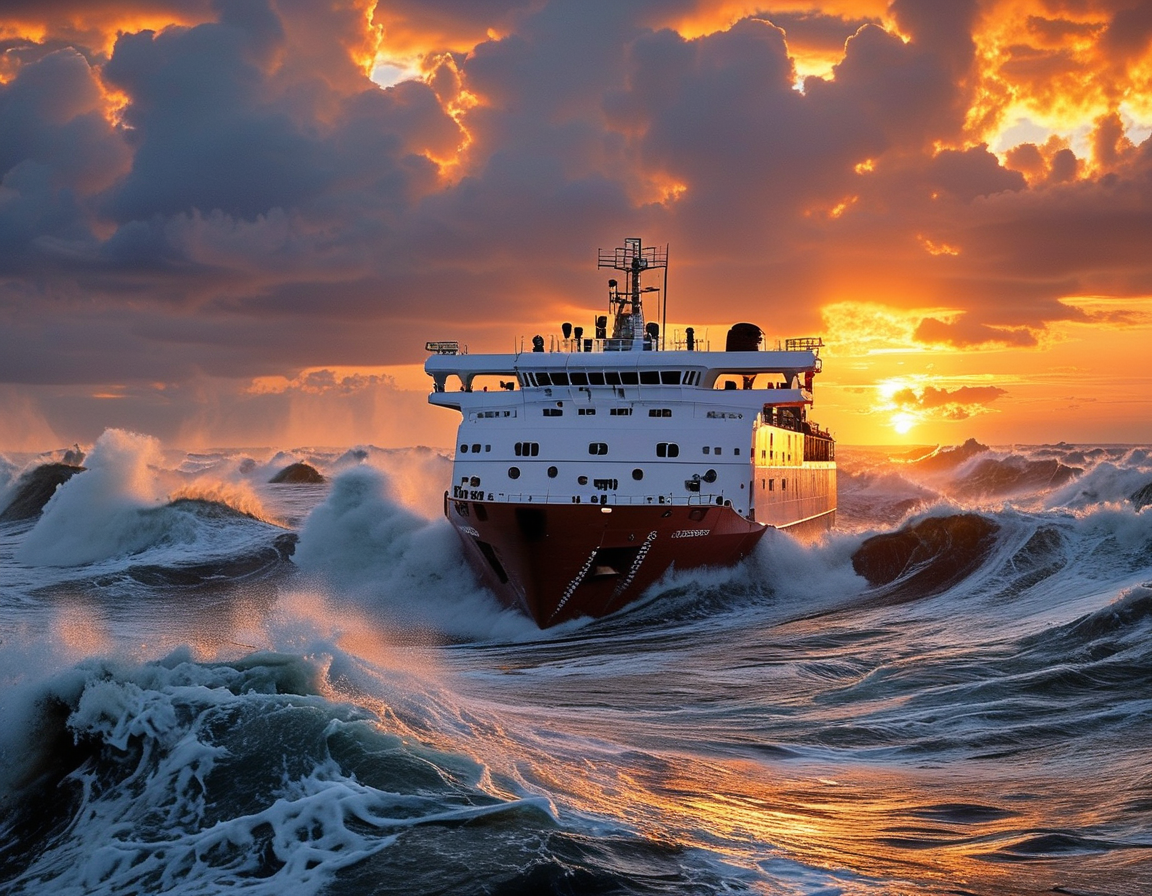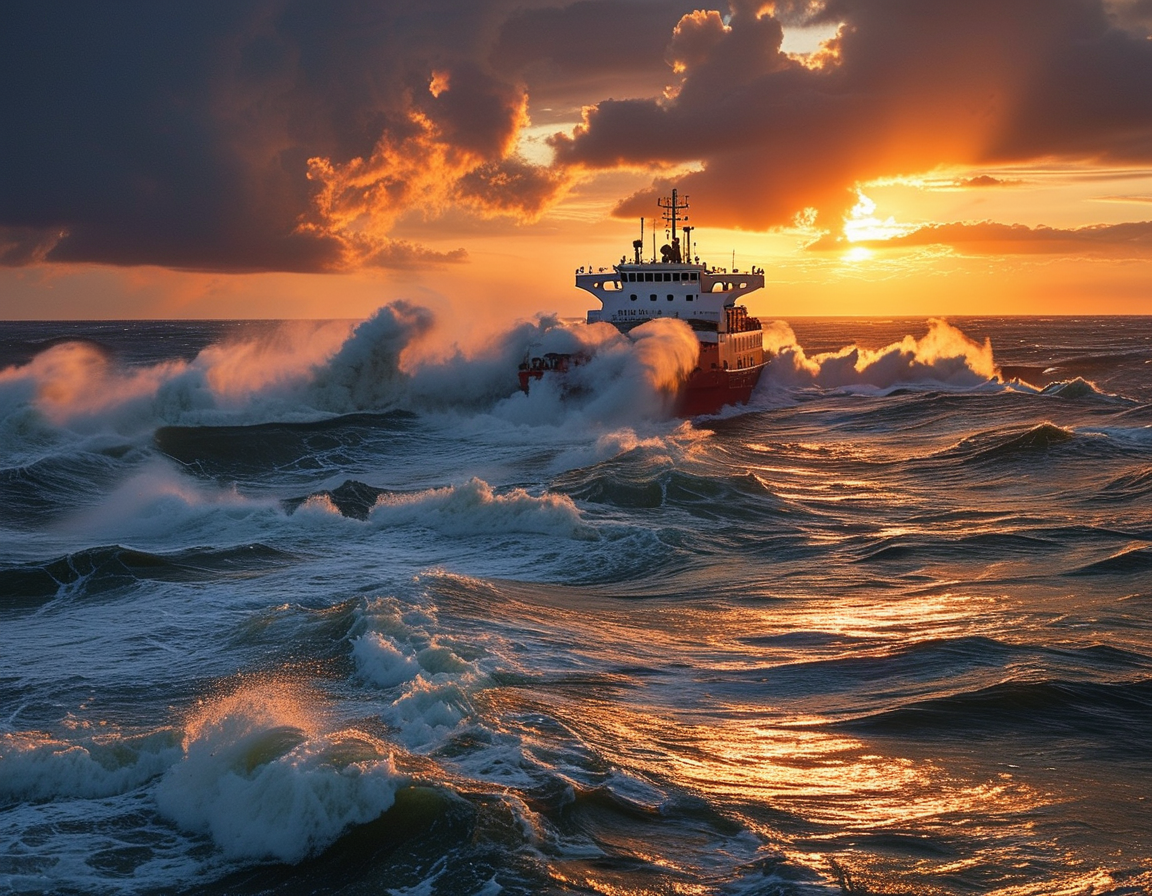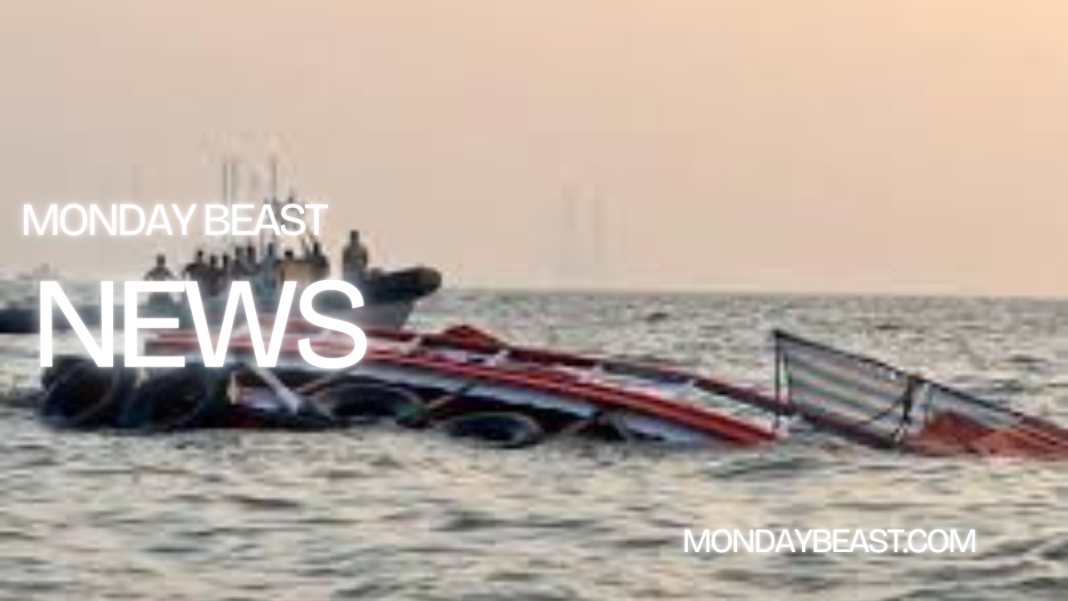Immediate Response to Crisis
On a seemingly normal Wednesday, disaster struck off the coast of Mumbai. The Neel Kamal ferry, bustling with tourists headed to Elephanta Island, capsized after a Navy speedboat collided with it. This harrowing incident left a man and a child missing. As the sun began to set, the search for these individuals unfolded against the backdrop of a chaotic rescue operation. Witness accounts highlighted the chilling moments as the ferry tipped and slid beneath the waves.
Rescue teams worked tirelessly through the night. Over a hundred passengers were pulled from the water by the Coast Guard and other authorities. Yet, the haunting image of two people still unaccounted for loomed large in the minds of everyone involved. The urgency of the search created an unsettling atmosphere, reminding us all just how fragile life is. The local community held its breath, their hopes rising and falling with each search update.
Understanding the Cause of the Tragedy

What could lead to such a catastrophic event? As investigators began piecing together the story, it became evident that the newly fitted engine on the Navy speedboat was central to the inquiry. Eyewitness accounts suggested the operator lost control, resulting in an unavoidable crash with the ferry. The Navy confirmed that trials for this engine were ongoing—a fact that may haunt those involved for years to come. An official stated that a board of inquiry would explore how this malfunction occurred, and whether negligence played a role.
While details are still emerging, the implications of this accident bear enormous weight. Public safety, military responsibility, and the well-being of innocent passengers must all be part of this conversation. Accountability is essential when lives are shattered in an instant.
Legal and Emotional Aftermath
As the investigation deepens, it’s clear that this incident won’t simply fade into the background. Mumbai police have already filed a First Information Report (FIR) against the Navy personnel involved. This move highlights a critical aspect of human nature: the search for accountability, especially in tragic circumstances. Ferry passenger Natharam Chaudhary even captured the moment of impact on video—a chilling reminder of how quickly life can change.

As the search for the missing continues, many are left grappling with grief and anger. The emotional ripples of this catastrophe extend beyond the families of those affected. In moments like these, we often ask ourselves: how do we ensure safety in open waters? And what does this mean for marine travel in Mumbai? The answers to these questions remain elusive, yet the duty to seek them cannot be ignored.
Resilience of the Community
Despite the chaos, there’s strength in the community response. The local public rallied to provide support and solace to families of the victims. Fundraising efforts and counseling services sprang up as a testament to human resilience. As we all know, in times of tragedy, people often unite with unprecedented strength.
The families of the missing, still waiting on answers, are central to this narrative. Their pain echoes as they cling to hope, searching for closure. They live through a reality that is sadly shared by many—uncertainty in the face of loss. It’s a heart-wrenching reminder of why we should prioritize safety above all when it comes to transportation that carries precious lives.
Conclusion: A Call for Safety Reforms

As we reflect on this tragic event, a crucial lesson presents itself. Safety mechanisms in both military and civil transportation require examination and reform. With powerful institutions like the Navy prioritizing trials, oversight must also be present to protect civilians. We owe it to victims, survivors, and future generations to ask hard questions now and implement necessary changes.
The echoes of the Neel Kamal ferry collision will undoubtedly teach us, should we be open to learning. We must keep asking, ‘What can we do better?’ The answers may lead to a safer ocean journey for all.




